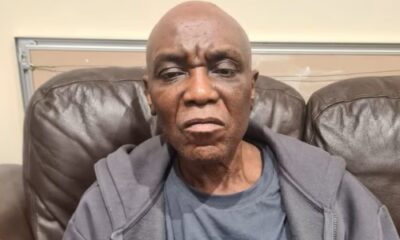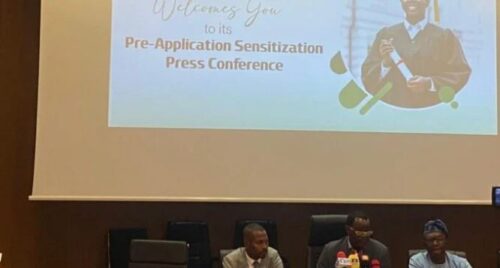BIG STORY
Fuel Scarcity To Last For Two More Weeks — Marketers
-

 BIG STORY23 hours ago
BIG STORY23 hours ago61-Yr-Old Physically Challenged Nigerian Faces Deportation Over Homelessness After Living In UK For 38 Years
-

 BIG STORY5 days ago
BIG STORY5 days agoCorrupt Politicians Should Not Get Any Serious Punishment, They “Steal And Share With The People” — Ndume
-

 BIG STORY24 hours ago
BIG STORY24 hours agoUK Regulator Reports Air Peace Over Alleged Safety Violation
-

 BIG STORY5 days ago
BIG STORY5 days agoNaira Abuse: CBN Proposes N500,000 As Minimum Fine In New Bill — NASS
-

 BIG STORY1 day ago
BIG STORY1 day agoIranian President Raisi Dies In Helicopter Crash
-

 BIG STORY2 days ago
BIG STORY2 days agoUsyk Defeats Fury, Becomes Undisputed Heavyweight Champion
-

 BIG STORY5 days ago
BIG STORY5 days agoJUST IN: After 23 Months Of Suspending Operations In Nigeria, Emirate Airlines To Resume In October
-

 BIG STORY4 days ago
BIG STORY4 days agoStudents Loan Application Portal Opens May 24th


































